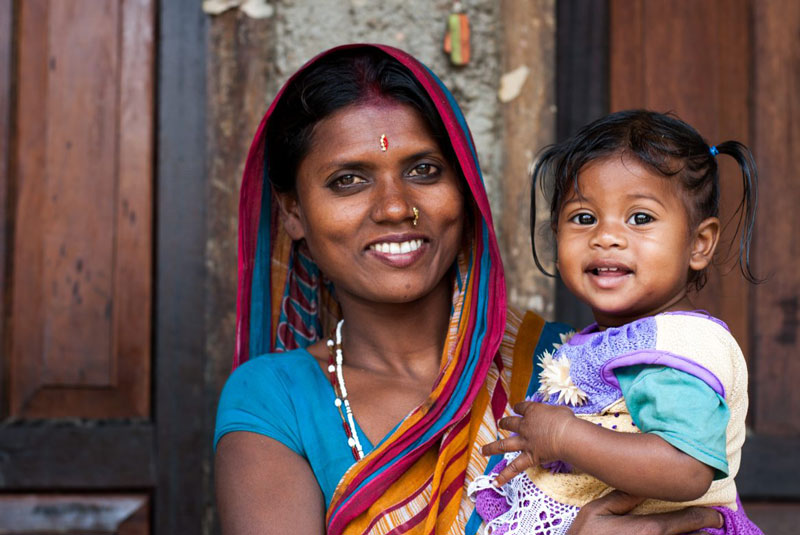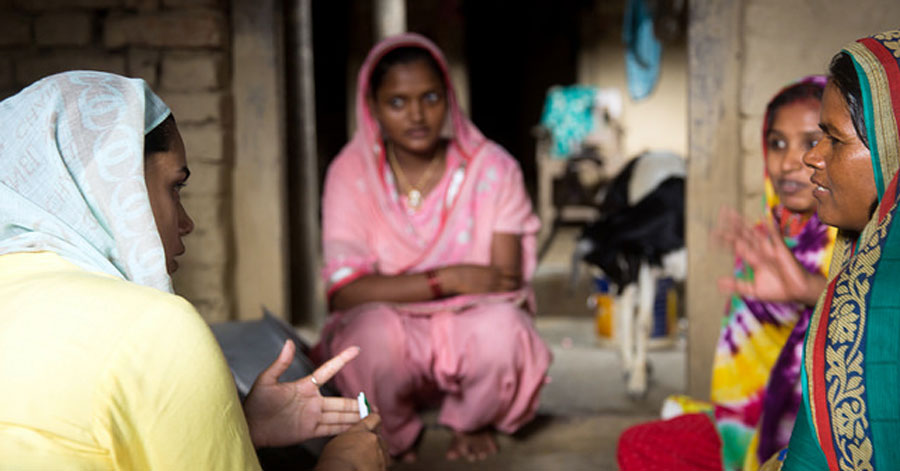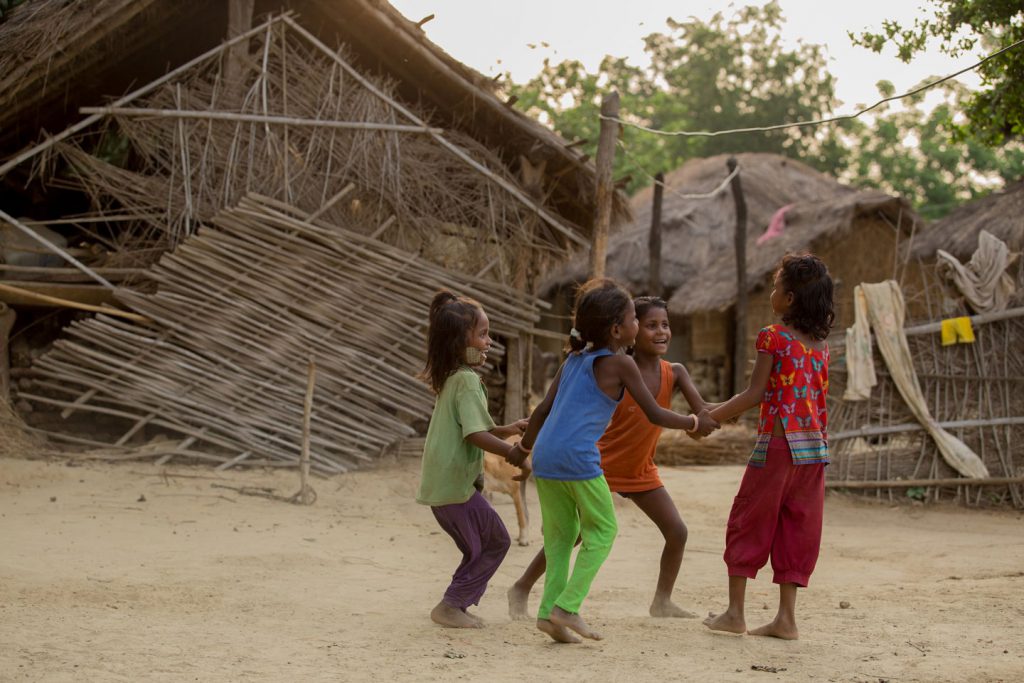
Breaking The Bonds
Members of the Musahar caste are traditionally involved in bonded labour and face extreme economic hardships and discrimination as a result.
The experience of bonded labour, other socio-economic factors, and discrimination within the community and at school combine to make the Musahar community one of the least educated groups in Nepal. Bonded labour has been a traditional caste-based practice in Nepal. It is found mostly in agriculture, but also in domestic work and brick kilns. Labourers are paid little or no money for work and find themselves constantly indebted to their masters, rendering them unable to break out of the poverty cycle. Despite most forms of bonded labour being abolished by the Government of Nepal, over 66,000 households were still found to be affected by it in the seven Terai districts.

STATISTICS
Our Research
Street Child completed a needs assessment of 563 Musahar girls aged between 10 and 19 in June 2017.
In April 2016, Street Child conducted a survey with a Musahar community which involved 107 parents, children and teachers, to find out how the community understands exclusion from education.
- 45 per cent of parents claimed that teachers were bad or absent
- all teachers interviewed stated that parents did not encourage their children to attend school
- 56 per cent of children would want to go to school if only their parents would encourage them
- 47 per cent of children weren’t enrolled in school due to their compulsion to earn and contribute to the family income
- 45 per cent of children who were enrolled cited the same reason for poor attendance
- Average child school attendance – 2-3 days per week
- Parents reported their children suffered verbal (43%) and physical (24%) abuse
- Almost all have debts with interest rate reaching 40% on average
Street Child exists to reach the underreached
To take our research a step further, Street Child held consultations with District Development Offices and District Education Offices in three target districts: Mahottari, Dhanusha and Siraha in March 2017. Our aim was to draw on the authorities’ past experience of working with Musahar communities to see what lessons were learnt from any previous attempts at engaging children in education-focused programmes. This helped us to understand what may have not worked in the past and build on these lessons in order to ensure any future projects we implement are effective.

In all three districts, we discovered that children drop out for similar reasons:
- There is a prevalent lack of awareness among Musahar parents about the importance of education, which presents a major barrier.
- High poverty levels among Musahars also means that they are unable to support the basic needs of their families.
- Children are expected to earn for the family; boys drop out of school so that they can provide an income, whereas girls drop out because the higher the education level that they reach, the more dowry their families will need to provide when they get married.
- A lack of skills and the prevalence of child marriage are also barriers to education.
BREAKING THE BONDS
Education for all
Street Child aims to tackle the social and cultural barriers relating to the perceptions of education in the Musahar community; challenge the marginalisation of children from Musahar communities in school by ensuring an inclusive school environment for them; and address the resource constraints that restrict access to education, particularly the costs of school that prevent them from enrolling.
